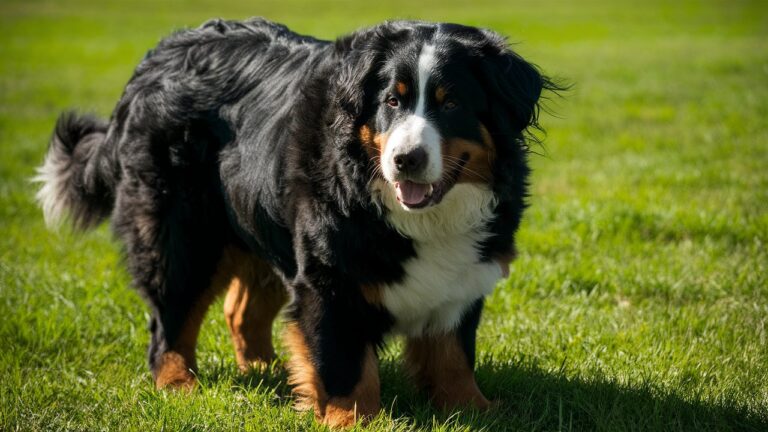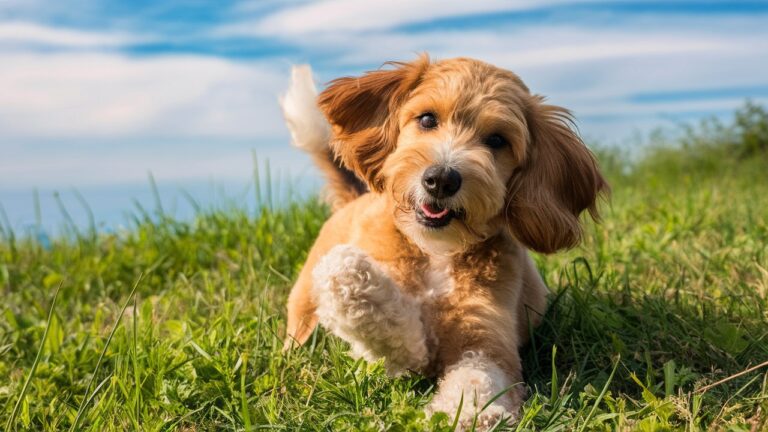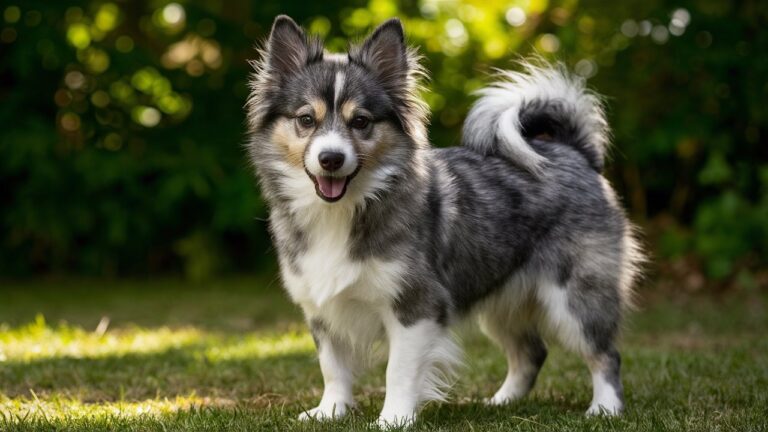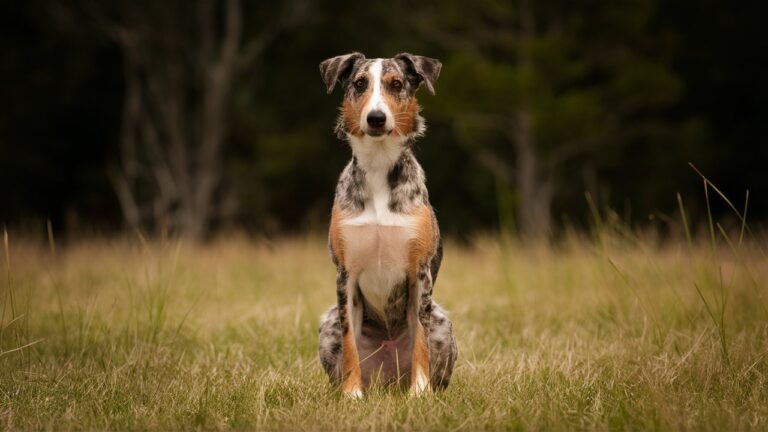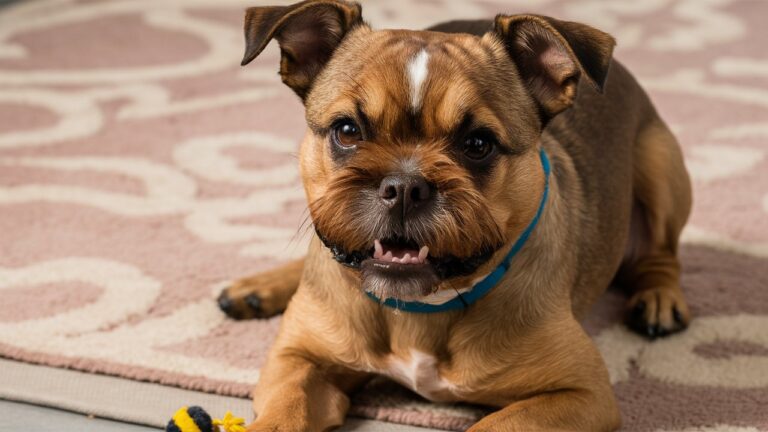The Majestic Caucasian Shepherd Dog: 100% Unparalleled Guardian Colossus
The Caucasian Shepherd Dog, also known as the Caucasian Ovcharka, is a breed that embodies strength, loyalty, and bravery. Originating from the Caucasus Mountains, this dog was bred to protect livestock from predators such as wolves and bears. Today, the Caucasian Shepherd continues to be a reliable guardian, whether it’s for a flock of sheep or a family home. This article delves into the history, characteristics, and care requirements of this magnificent breed, peppered with personal anecdotes to bring the topic to life.
Table of Contents
ToggleCaucasian Shepherd Dog Historical Background
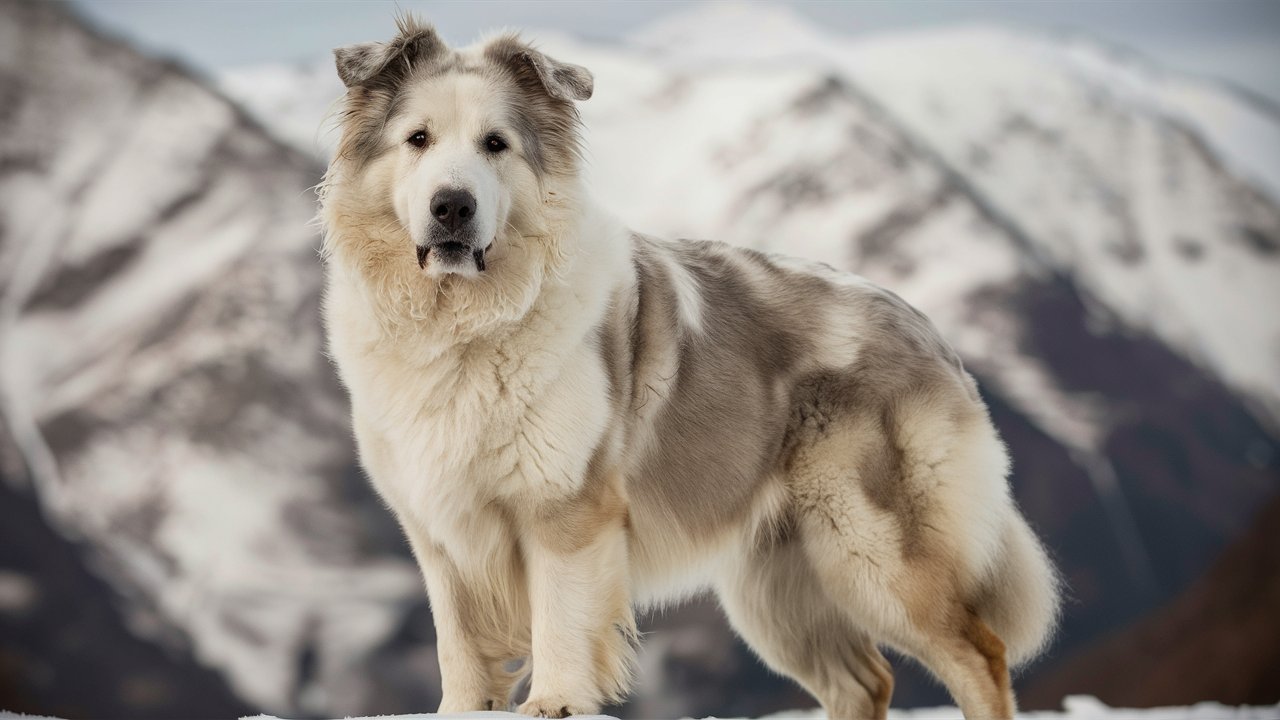
The Caucasian Shepherd Dog has a rich history that dates back over 2,000 years. The breed’s origins can be traced to the rugged terrain of the Caucasus Mountains, a region spanning parts of Russia, Georgia, Armenia, and Azerbaijan. These dogs were initially bred by shepherds to guard livestock from predators and thieves. Their robust build, thick coat, and fearless temperament made them perfect for the job.
Personal Anecdote: My first encounter with a Caucasian Shepherd was during a trip to Georgia. I visited a remote village where these dogs roamed freely, diligently watching over flocks of sheep. Despite their imposing size, the villagers spoke of them with great affection, describing how these dogs were gentle giants with their families but fierce protectors when duty called.
Physical Characteristics
The Caucasian Shepherd Dog is a large, muscular breed with a thick, double-layered coat that comes in various colors, including white, fawn, and brindle. Males typically weigh between 110 to 220 pounds and stand 27 to 30 inches tall at the shoulder, while females are slightly smaller but equally formidable.
- Head: Broad and massive, with a slightly domed forehead.
- Eyes: Medium-sized and deep-set, giving a serious and alert expression.
- Ears: Traditionally cropped, although this practice is becoming less common.
- Body: Strong and robust, with a wide chest and powerful legs.
- Tail: Long and bushy, often carried high when the dog is alert.
Temperament and Behavior
The temperament of the Caucasian Shepherd Dog is shaped by its history as a guardian. These dogs are known for their:
- Loyalty: Fiercely loyal to their family, often forming strong bonds with their owners.
- Protectiveness: Naturally suspicious of strangers, they are excellent watchdogs.
- Independence: Intelligent and capable of making decisions without human intervention.
- Calmness: Generally calm and composed, but they can be aggressive if they perceive a threat.
Personal Anecdote: A friend of mine who owns a Caucasian Shepherd once recounted how his dog, Max, protected his home from an attempted burglary. Max’s imposing presence and deep bark were enough to scare off the intruders before they could even break in. This incident highlighted the breed’s natural guarding instincts and unwavering loyalty.
Training and Socialization
Training a Caucasian Shepherd Dog requires patience, consistency, and a firm hand. Early socialization is crucial to ensure they can distinguish between friend and foe. Here are some tips for training and socializing this breed:
- Start Early: Begin socialization and training as early as possible. Expose your puppy to various people, animals, and environments.
- Positive Reinforcement: Use positive reinforcement techniques, such as treats and praise, to encourage good behavior.
- Consistency: Be consistent with commands and rules to avoid confusion.
- Firm Leadership: Establish yourself as the pack leader to prevent dominance issues.
- Professional Training: Consider enrolling your dog in obedience classes, especially if you’re a first-time owner of this breed.
Personal Anecdote: During my stay in the Georgian village, I observed a local shepherd training his Caucasian Shepherd puppy. He used gentle yet firm commands and rewarded the puppy with small treats. The puppy, eager to please, quickly learned to follow basic commands and respond to the shepherd’s cues. It was a testament to the breed’s intelligence and trainability when handled correctly.
Health and Care
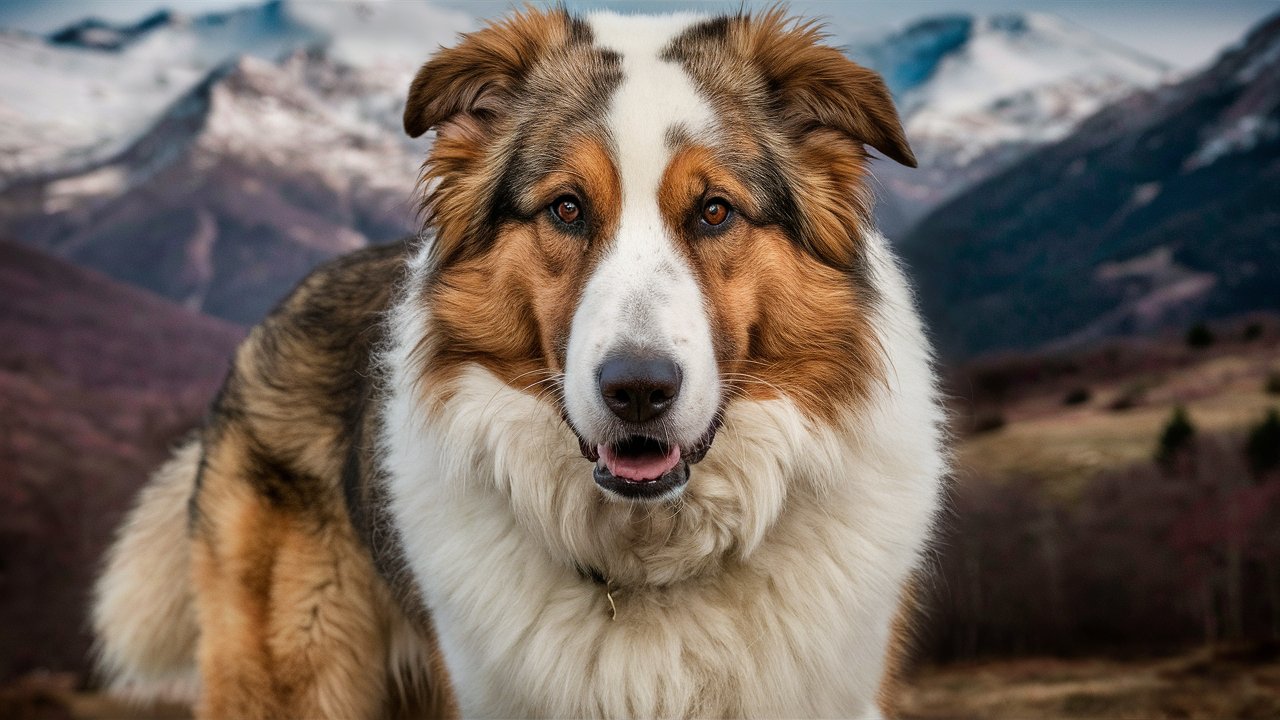
Caucasian Shepherd Dogs are generally healthy, but like all breeds, they are prone to certain health conditions. Regular veterinary check-ups and a healthy lifestyle can help ensure your dog lives a long, happy life. Some common health issues include:
- Hip Dysplasia: A common condition in large breeds, it can lead to arthritis and mobility issues.
- Heart Problems: Regular check-ups can help detect and manage heart conditions.
- Obesity: Due to their size, it’s essential to monitor their diet and exercise regularly to prevent obesity.
Grooming: The thick double coat of the Caucasian Shepherd requires regular grooming to prevent matting and reduce shedding. Brush your dog at least once a week, and more frequently during the shedding season.
Diet: A balanced diet is crucial for maintaining your dog’s health. High-quality commercial dog food or a well-planned raw diet can provide the necessary nutrients. Consult your vet for dietary recommendations tailored to your dog’s needs.
Living Conditions
While the Caucasian Shepherd Dog can adapt to various living conditions, they thrive in environments where they have plenty of space to roam and exercise. Ideally, they should have access to a large, securely fenced yard. Apartment living is not suitable for this breed due to their size and exercise needs.
Personal Anecdote: My friend with the Caucasian Shepherd, Max, lives on a spacious property in the countryside. Max spends his days patrolling the perimeter, ensuring no unwanted visitors intrude. Despite his watchful duties, Max enjoys lounging on the porch with the family, showing a gentle side that endears him to everyone.
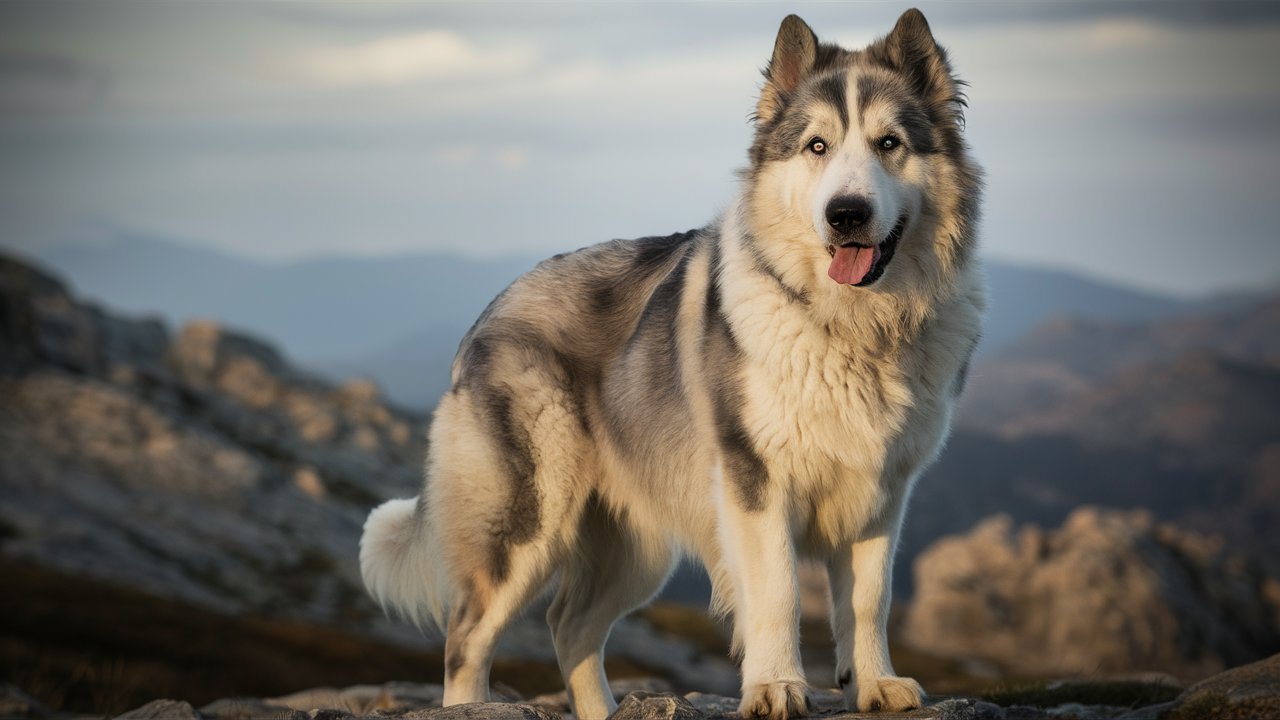
Conclusion
The Caucasian Shepherd Dog is a breed like no other, combining strength, loyalty, and a deep-seated protective instinct. While they require a dedicated owner who can provide proper training, socialization, and care, the rewards of having such a devoted guardian are immense. Whether you live in a rural area with livestock to protect or simply desire a steadfast companion, the Caucasian Shepherd Dog stands out as a remarkable choice.
Final Thought: Owning a Caucasian Shepherd Dog is a commitment that comes with significant responsibilities, but the bond you form with this majestic breed is truly unparalleled. They are not just pets; they become integral members of the family, offering unwavering loyalty and protection.
Additional Resources
- Books: “The Caucasian Shepherd Dog Handbook” by Andrey Lysenkov.
- Websites: American Kennel Club (AKC) and United Kennel Club (UKC) for breed standards and additional information.
- Training Classes: Look for local obedience schools or trainers with experience in handling large, guardian breeds.
By understanding and respecting the unique qualities of the Caucasian Shepherd Dog, you can ensure a harmonious and fulfilling relationship with this extraordinary breed.
